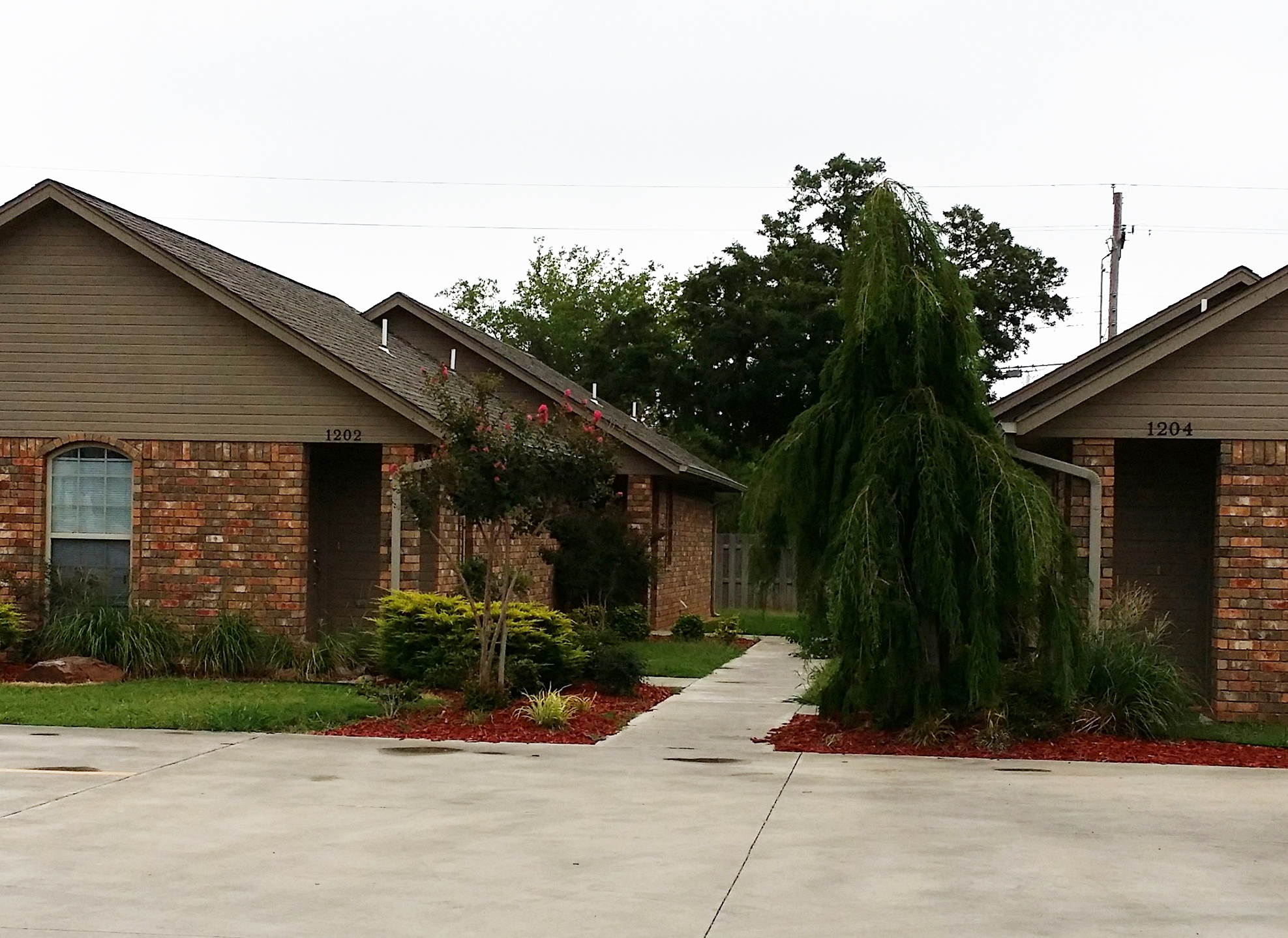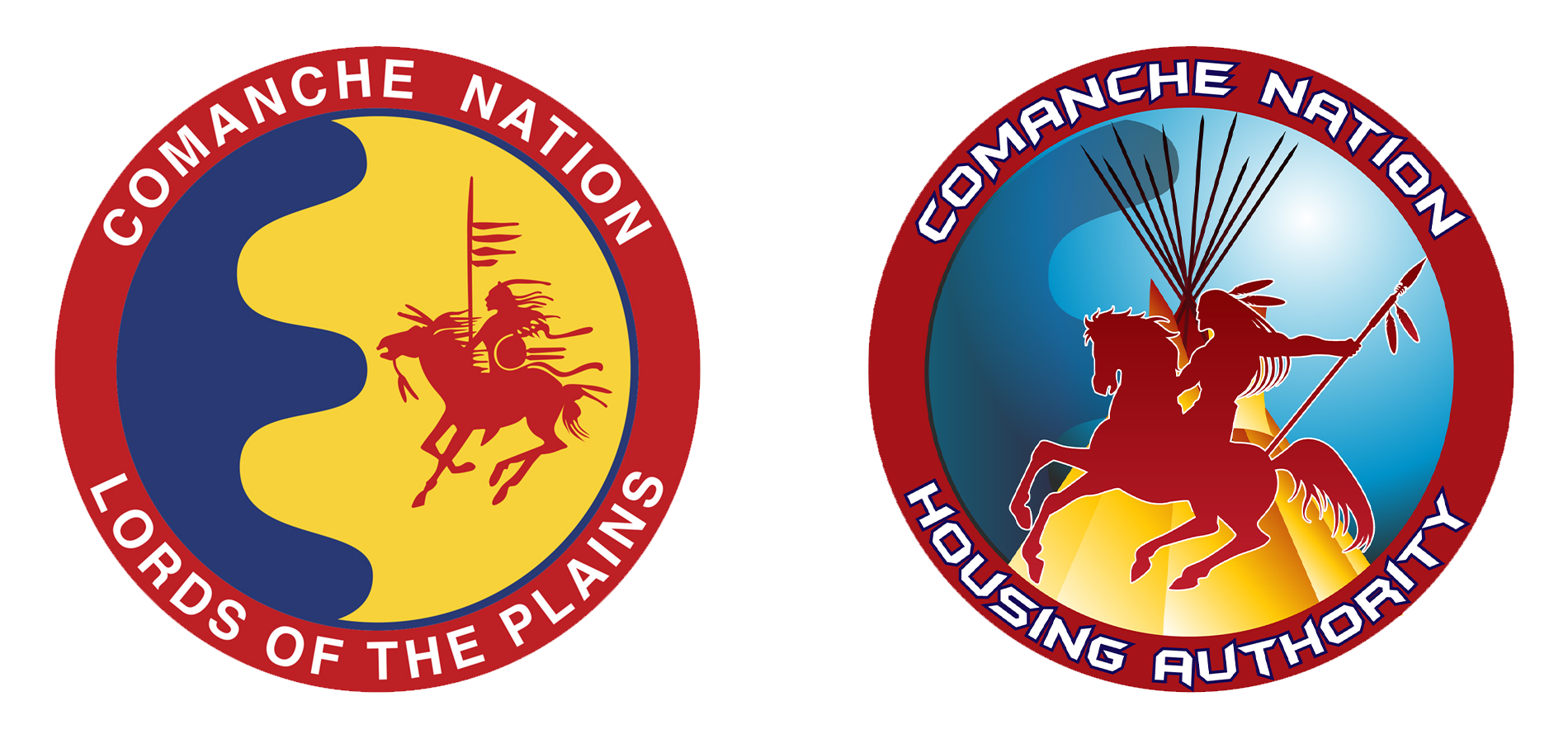In late 2021, we recognized a need for support for our Elder’s in accessing our Elder Home Repair program and introduced our Elder Outreach Program. Both programs have received a tremendous response from our community, aiding the support of nearly 1,500 Elders.
To ensure the program is optimally serving as many Elders as possible, its services will continue and eligible applicants can apply to join the program’s waitlist. Services will be delivered to applicants on the Elder Rehabilitation Program’s waitlist as funds are available.
For more information or to join the waitlist, visit www.comanchehousing.com to apply. To remain on the list, please update your application on an annual basis, which is done by completing a Statement of Continued Interest form and returning it to our office.








